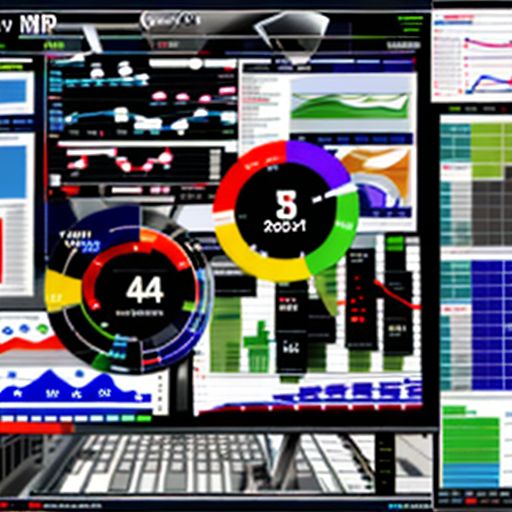Imagine this: you’re juggling spreadsheets, sticky notes, and a million emails, all while trying to keep your small business running smoothly. Overwhelming, right? This is where an ERP (Enterprise Resource Planning) system can become your new best friend. While “ERP” might sound like something only mega-corporations need, the truth is, ERP systems for small businesses are becoming increasingly popular – and for good reason!
What is an ERP System and Why Does it Matter?
In simple terms, an ERP system integrates all the core processes of your business – think finance, inventory, sales, HR, and more – into a single, unified system. Instead of having data scattered across different applications, an ERP system provides a central hub for everything.
Benefits of ERP Systems for Small Businesses:
- Improved Efficiency: Say goodbye to manual data entry and hello to streamlined workflows.
- Better Decision Making: Access real-time data to make informed business decisions.
- Reduced Costs: Optimize inventory, prevent errors, and boost productivity.
- Enhanced Collaboration: Improve communication and data sharing between departments.
- Scalability: Grow your business without worrying about your systems keeping up.
Common Questions About ERP Systems for Small Businesses:
1. How much do ERP systems cost?
The cost of an ERP system can vary greatly depending on factors like the size of your business, the features you need, and whether you choose cloud-based or on-premise software. It’s best to contact vendors for personalized quotes.
2. What are some popular ERP systems for small businesses?
- NetSuite: A comprehensive, cloud-based solution popular with growing businesses.
- Odoo: A highly customizable, open-source option with a modular approach.
- Zoho CRM: A budget-friendly option that offers a good range of features.
- SAP Business One: A well-established ERP system designed specifically for small businesses.
3. How do I choose the right ERP system for my business?
Consider your budget, business needs, industry, and the level of customization and support you require.
erp.cungphuthe.com/wp-content/uploads/2024/07/erp software dashboard-66935d.jpg" alt="erp software dashboard" width="512" height="512">erp software dashboard
Related Keywords and Their Importance:
- Cloud ERP: Cloud-based ERP systems are hosted on the vendor’s servers and accessed via the internet, offering flexibility and scalability.
- On-Premise ERP: On-premise ERP systems are installed on your own servers, offering more control but often requiring higher upfront costs.
- ERP Implementation: The process of selecting, configuring, and deploying an ERP system.
- ERP Customization: Tailoring an ERP system to meet your specific business needs and processes.
Conclusion
Implementing an ERP system can be a game-changer for small businesses, empowering you to work smarter, not harder. By carefully considering your options and choosing the right system for your needs, you can unlock efficiency, improve decision-making, and set your business up for long-term success.
What are your thoughts on ERP systems for small businesses? Share your comments and questions below!
